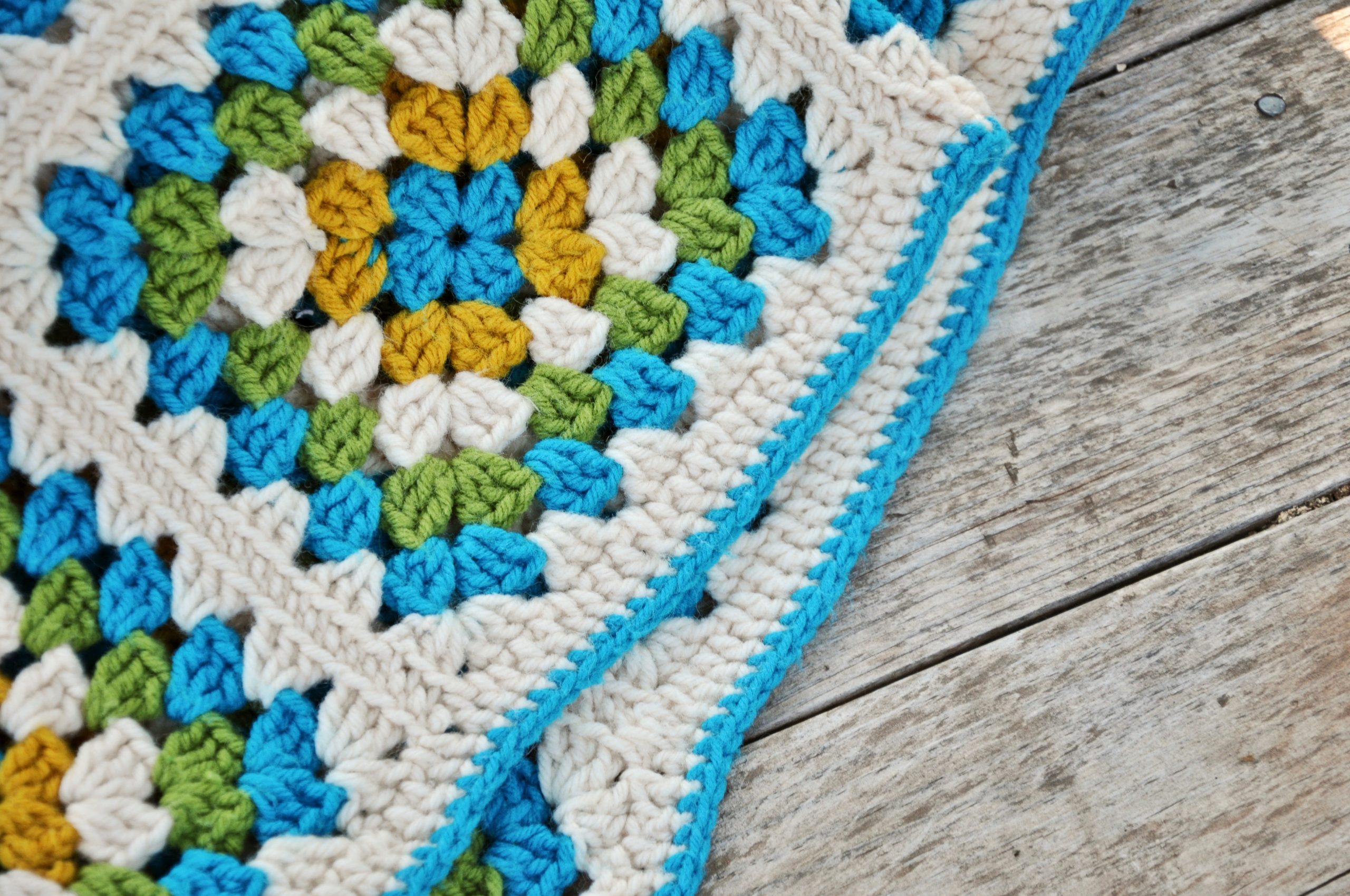
Principles in Action: Understanding, Navigating and Choosing Career Options
June 8, 2018
Diversity in Post-Secondary Career Education: Strategies for Universal Design
June 8, 2018By Ron Wener
Learning about Indigenous history to better embrace diversity within career development
As a student growing up in the 70s and 80s, my exposure to Indigenous history was extremely limited and biased. I learned many stereotypes about “Indian” people and had very little exposure to the truth. Much of the information focused on efforts to “civilize the natives” and there was no discussion of the horrific experience of Indigenous peoples. As I’ve learned more over the course of recent years, I have felt uneducated, guilty and ashamed. While I’ve made some progress in overcoming my lack of knowledge and insight, it seems that all of my learning has been more surface and academic.
I was excited to learn that the KAIROS Blanket Exercise was coming to the Cannexus National Career Development Conference this past winter. It was described as “an interactive learning experience that builds awareness and understanding of our shared history as Indigenous and non-Indigenous peoples in Canada by having participants literally walk through situations that include pre-contact, treaty-making, colonization and resistance.” I must admit that I wasn’t sure what a 90-minute session at 7 am could offer. I can only describe this as a perspective-changing experience.
A reconstitution of past relationships
The exercise brought 70 people into a room and each of us stood on connecting blankets. Each blanket represented the lands in Canada. The facilitators read scrolls representing everything from treaties, diseases, laws and residential schools. Watching participants leave the blankets due to colonization or disease was difficult. Throughout the exercise, participants were removed from blankets to represent being displaced or dying. We could see the Indigenous population and identity decreasing before our eyes. The blankets became smaller representing the colonization of the lands.
While I have read about residential schools, this part of the exercise was the most transformative for me. I have difficulty describing the experience of hearing the stories of children being forcibly removed from their families to experience abuse and losing much of their identity. It was an extremely poignant reminder of the impact of being torn away from home at a young age and never finding your place for the rest of your life.
At another point in the exercise, I was asked to represent what happened to an Indigenous person who chose certain professions. As a lawyer, I was no longer covered by the Indian Act and couldn’t return to my community. At the same time, I was considered an outsider in “Canadian society” and was placed between the blankets to represent not belonging anywhere. I had an incomplete identity. It was difficult to imagine what that would be like for those who experienced this in real life.
Raising awareness to provide insight on inclusion
By the end of the exercise, I was overcome with emotion. How could settlers treat any human beings the way we treated Indigenous peoples? The facilitators took the time to let us know that the purpose of this exercise was not to make us feel guilty or angry, but to help us learn more about the Indigenous experience. They stressed the need for us to continue to educate ourselves and focus on making progress.
The workshop ended with a talking circle where we were asked to reflect on what the experience meant. There was not a dry eye in the room. Many participants connected this experience with other situations in their life. It was clear that we all gained tremendous insights in a unique and powerful way. When it was my turn, I was so overwhelmed that I couldn’t speak. I couldn’t put into words what I was experiencing.
We were extremely fortunate to have a number of Indigenous participants who shared extremely powerful insights on what this meant to them. It was difficult to hear their perspective but so important. I learned so much from them about the urgency of the work we all need to do as a nation. It has been about two months since I participated in the exercise and I still have difficulty speaking about it. I have been trying to figure out how to process this. Since then, I have read the full Truth and Reconciliation Commission (TRC) report and am looking for opportunities to continue my education. I hope that I can do my part by learning, listening and supporting the efforts of the TRC and Indigenous communities.
I’ve spoken extensively about this experience with my colleagues on-campus and our Campus Elder will be bringing the KAIROS Blanket Exercise here in the coming weeks. I believe that this will help build more understanding within our university. I’m fortunate to be in a workplace that acknowledges that we have a lot to learn, works so hard to embrace diversity and continues to look for ways to deepen our knowledge about other communities and different perspectives. This is so essential for all of us working in career development given the uniqueness of our clients and our history as a country.
AUTHOR BIO
Ron Wener is an Employment Strategist at the University of Toronto Mississauga’s (UTM) Career Centre and a passionate career educator who brings over 25 years of career development experience working with university students. He has worked in each of the three University of Toronto campus Career Centres in addition to his experience at the University of Ontario Institute of Technology (UOIT) Career Centre. One of his passions is daily walks exploring nature at UTM and interacting with the deer.

